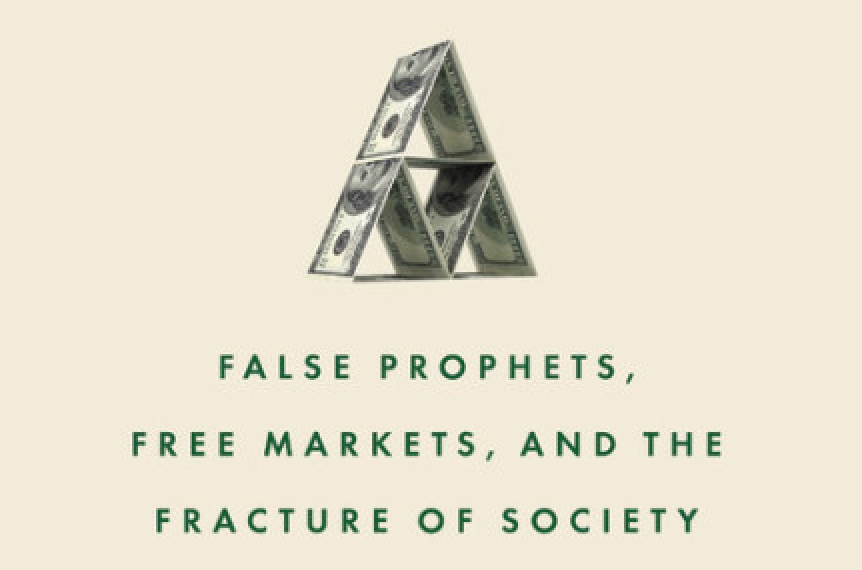It’s no secret that Reformed Christians have built their own wing of the internet where they spend their time chatting among themselves. They police certain key boundaries and dissent from some of these can (rightly or wrongly) bring about serious criticism. While there is more diversity among the Reformed than critics usually want to recognize, there can also be a heavy pressure to conform to the ‘standard’. Given the more consciously confessional (and I do use the term somewhat broadly) ethos among the Reformed, it’s rather unsurprising that this should be the case.
Login to read more
Sign in or create a free account to access Subscriber-only content.
